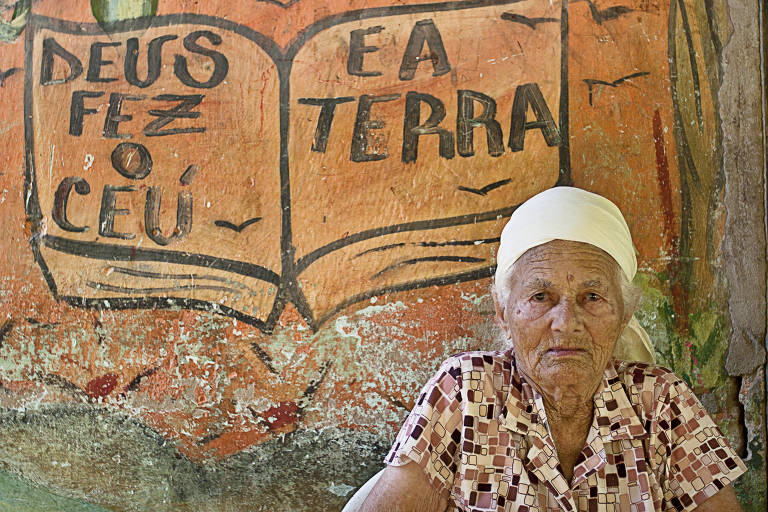Throughout the 18th century, diverse communities of ex-slavespread across the Guaporé River, on the current border with Bolivia. They survived capture and extermination expeditions, the arrival of rubber tappers, and the colonization of Rondônia that started during the military dictatorship. Until the 1988 Constitution ensured quilombolas the right to land regularization.
The process, however, has been lengthy, far from over and now it comes up against President Jair Bolsonaro's campaign promise (without a party) not to demarcate "not an inch of land" for quilombolas and indigenous people.
In Rondônia, only two of the eight communities certified by Fundação Cultural Palmares were titled by Incra (National Institute of Colonization and Agrarian Reform), both before Bolsonaro. The state does not differ from the national average: only 317 of the 3,456 recognized quilombola communities are regularized, 9% of the total.
Proceedings pending at Incra total 1,806, of which 617 at Legal Amazon, which includes Mato Grosso and part of Maranhão.
In the Amazon, the main port of entry for enslaved Africans was Belém. Pará is the state with the most quilombola communities in the North. According to the Palmares Foundation, the region is home to 369 communities, 11% of which are recognized in the country.
Translated by Kiratiana Freelon
